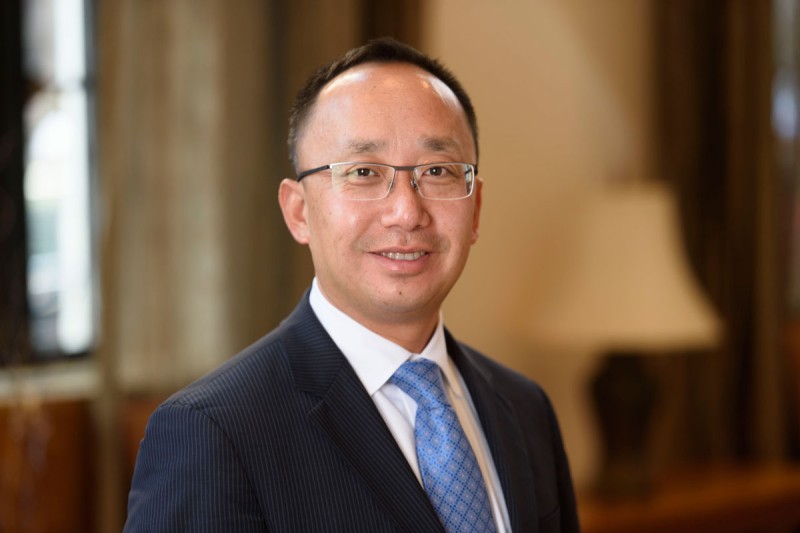
Jun J. Mao, MD, MSCE
Cancer is a global health challenge that impacts countries large and small, affluent and impoverished. With population growth and aging, and success in the management of other acute and chronic diseases, the number of new cancer cases is expected to rise over the next two decades. Moreover, the increase in cancer incidence and mortality is challenging current cancer care delivery models globally — and disproportionally affecting low- and middle-income countries (LMICs) regarding access to evidence-based cancer prevention, treatment, and palliative and survivorship care.
In a recently published white paper in CA: A Cancer Journal for Clinicians, Jun J. Mao, MD, MSCE, Chief of Memorial Sloan Kettering Cancer Center’s (MSK) Integrative Medicine Service, and fellow authors explored the global challenges of cancer control and the current status of integrative oncology, offering recommendations to improve access to safe, effective, evidence-based, and culturally sensitive cancer care.
Many obstacles hinder successful global cancer care, particularly in low- and middle-income countries. In these regions, access to quality affordable care, including cancer screening facilities, trained medical professionals, availability of conventional treatment, and supportive care services, can be extremely limited. Patients in these countries often rely on traditional, complementary, and integrative medicine (TCIM) that is more familiar, less costly, and widely available. However, TCIM and conventional cancer treatment can clash because of the differences in treatment paradigms and approaches, and can create challenges for implementing effective cancer control and treatment strategies.
Integrative oncology offers both a bridge and path forward to help deliver culturally sensitive, high-quality care in LMICs. MSK established its Integrative Medicine service to conduct research and create new clinical applications of TCIM approaches in the context of modern cancer treatment. Over the past 20 years, research has shown that many integrative therapies (such as acupuncture, meditation, and yoga) can improve specific symptoms (such as pain, fatigue, and insomnia) in patients impacted by cancer. Today, most National Cancer Institute–designated Comprehensive Cancer Centers have elements of integrative oncology provided for their patients. In addition, this growing field uses lifestyle modifications (such as exercise, diet, sleep and stress management) and mind and body therapies (like acupuncture, massage, meditation, and yoga) to improve cancer patients’ symptom management and quality of life.
“Based on our research, we believe integrative oncology offers a systematic approach to bringing traditional, complementary, and integrative medicine and conventional cancer care together, providing an opportunity to make care more affordable, accessible, and equitable for patients with cancer, and particularly in low- and middle-income countries,” says Dr. Mao. “By further developing rigorous research, robust education and research training, high-quality clinical care, and inclusive policies, integrative oncology can be part of the solution to address the current and future global challenges of cancer.”